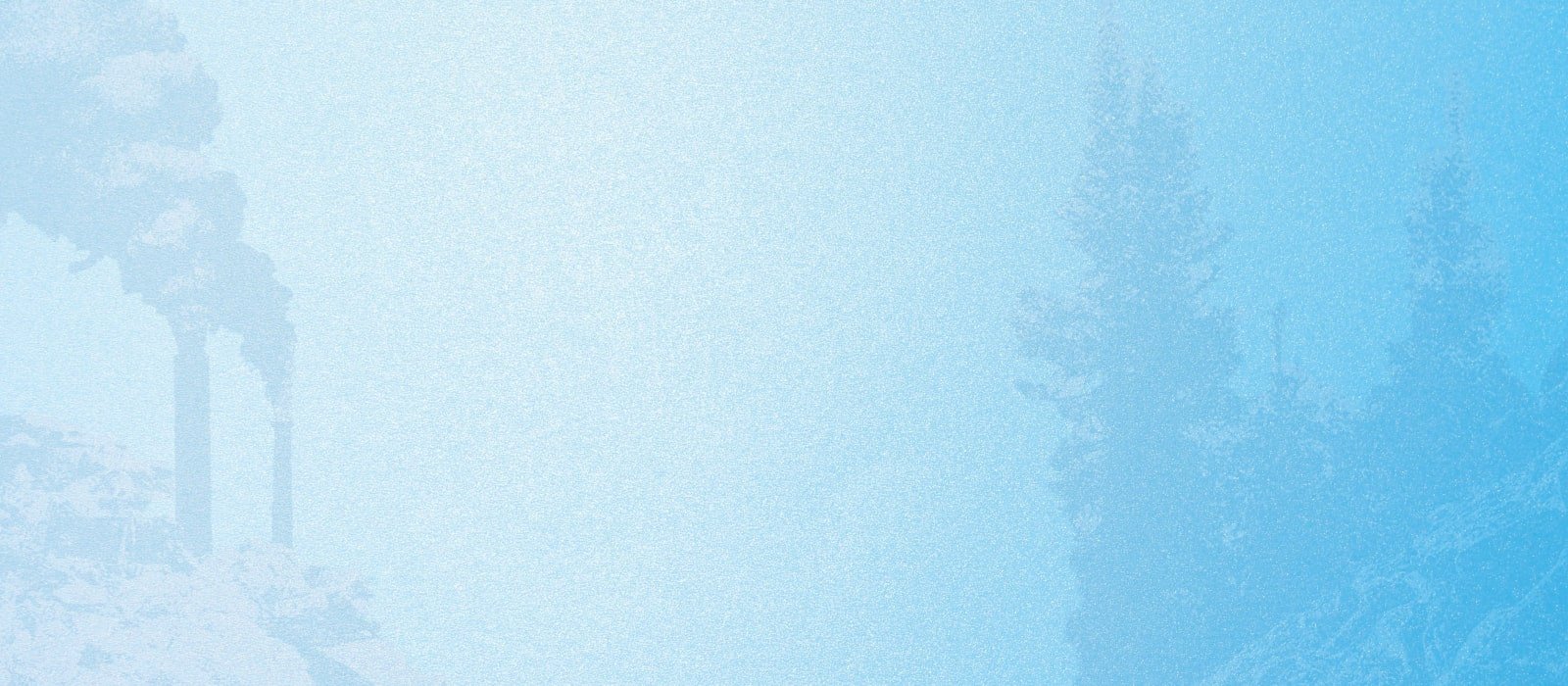“Sublethal… in May!” My niece was almost spluttering, casting for words to articulate how terribly wrong the water temperatures are in the salmon sanctuaries of the lower reaches of the mighty Fraser. She’s just back from field work in the sloughs and tributaries of that storied river — the cerebro-spinal column of British Columbia and still home to some of the world’s most tremendous salmon runs.
I was having trouble keeping up with Noa’s feverish report. I, myself, have just returned from two weeks of stillness on silent retreat (the reason this newsletter hasn’t appeared in your inbox these past Sundays). It’s become something of an annual ritual and, for me at least, an incredibly valuable practice for maintaining some semblance of balance in the onslaught of climate news. As regular readers will know, it’s a practice I’ve plugged before (see, for example, Zen and the art of not freaking out).
One of the most reliable results of going into extended silence is the disconcerting realization that the noise doesn’t stop. Turns out, there’s a constant cacophony in your own head, quite apart from the racket all around.
And coincidentally, as the silence did slowly deepen, I’d found myself wondering about the insides of the heads of our fellow animals, particularly creatures of the oceans and silent waters. We have some intimation of joy and anguish from whales and other marine mammals. But what of the salmon? Do they quarrel over directions on their grand circuits across the seas and home? Do they help one another pinpoint the exact natal rivers and spawning grounds they departed years ago? Do they know the water’s too hot? Does their silent suffering imply a lack of suffering, in any sense of the term as we understand it?
Because “sublethal” is better than the straight version, to be sure. The howler monkeys now silenced and dropping dead from Mexican trees are grim proof of that. But for field biologists, “sublethal” doesn’t mean “still fine” — in lay terms it means something more like “almost lethal, highly debilitating.” And the reason my niece was so unnerved is that there are several months of rising heat to come, while the water levels themselves are unnervingly low in our drought-gripped region, formerly known as the “Wet Coast.”
My niece, Noa Mayer, and her colleagues were finding water temperatures of 18 to 20 C — temperatures where sockeye would start failing to migrate when the time comes. The lab where she’s doing her PhD research – the UBC Pacific Salmon Ecology and Conservation Lab — has found 20.8 C to be lethal for some lower Fraser populations.
“Salmon like 12 to 15 degrees,” she says. The heat compounds what’s known around the lab as “the river gauntlet” — seine boats at the river mouth, habitat degradation upstream and now ever higher temperatures bringing new pathogens, disease and lethal stream water.
The dispatches from other rivers have been equally shocking — sometimes visually. Alaskan rivers are, quite literally, turning orange as thawing permafrost releases minerals such as iron and other heavy metals trapped within for thousands of years.
Photo by Josh Koch, US Geological Survey
“It’s an unforeseen impact of climate change that we’re seeing in some of the most pristine rivers in our country,” says Brett Poulin, assistant professor of environmental toxicology at University of California Davis. “Some of the water coming in is as acidic as lemon juice, with outstandingly high metal content,” Poulin told The Washington Post.
And the same phenomenon is showing up far to the south, from Colorado to the Alps and Andes. Just one year after the rusting rivers were first observed in Alaska’s Brooks Range, surveys found a complete elimination of Dolly Varden and sculpin in a tributary of the Akillik river in Kobuk Valley national park.
News from the Yukon River comes in that baffling bundle common for environmental announcements — simultaneously encouraging and discouraging. The politicians in Canada and the U.S. have found enough spine to impose a seven-year fishing ban for Chinook salmon.
The reason is that the Chinook population has declined to less than 10 per cent of its historical average due to the gauntlet: "a combination of historical overfishing, increased prevalence of disease and climate change and resulting effects on survival in marine and freshwater environments." The ban gives the embattled Chinook a breather from one threat for exactly one lifecycle.
We are, quite understandably, more attuned to the water woes of people. The sinister phrase “Day Zero” is entering the public lexicon as unforgivingly as “heat domes,” “atmospheric rivers,” and “wet bulb temperatures.” It refers to the point the water system of a major city goes dry. Chennai in India has flirted with Day Zero, as have São Paulo in Brazil and Cape Town in South Africa.
Both Bogotá and Mexico City are on the verge of Day Zero at the moment. Mexico’s capital has a population of some 22 million people, and the Cutzamala water system that supplies over 20 per cent of them is running dry. As with all polycrises, it’s due to myriad factors. The city might be able to fix leaking pipes, but not the punishing heat wave and drought stretching from Central America to the Southern U.S. Residents of some neighbourhoods have resorted to forming human chains across boulevards, blocking traffic and demanding water.
The drought, heatwave and water shortages have gotten so bad that even the police have started protesting, blocking six lanes of traffic on Wednesday to highlight conditions in their barracks. “We don’t have water in the bathrooms,” one officer told The Associated Press.
One of the clear benefits of a silent retreat is renewed balance. Renewed perspective is a much thornier reward. Energizing and clarifying for the spirit, but ignorance has its upsides when it comes to clarifying the scale of our climate predicament and the momentum of industrial civilization.
Earth scientists probably come closest to a Martians’ eye view of our planetary situation and I’ve long wished someone would conduct a robust poll among the profession. Julian Ganz did exactly that, surveying every available lead author of the IPCC reports for The Guardian.
Almost 400 responded and the results were published this month. As you probably know, the Intergovernmental Panel on Climate Change reports are signed off by all governments in the world before publication and constitute the consensus among researchers. The gold standard of climate assessments and also, by the nature of consensus, inherently conservative in order to provide reports endorsed by almost every expert active in the relevant fields.
Almost none of the respondents put much stock in the solemn agreements made in Paris. Just 6 per cent thought holding temperature rise below the 1.5 C target was plausible. Less than one-quarter expect us to keep the rise below 2 degrees.
Instead, about 80 per cent anticipate at least 2.5C of heating. Nearly half (42 per cent) anticipate at least 3C. One scientist described the conversations preparing the most recent IPCC report: “Everyone was at the end of their rope, asking: what the fuck do we have to do to get through to people how bad this really is?”
The grim forecasts are not a function of what’s theoretically possible: “I am convinced that we have all the solutions needed for a 1.5 C path,” said one respondent, representative of the general view. It’s more a case of observing what’s socially plausible.
“The experts were clear on why the world is failing to tackle the climate crisis,” writes Damian Carrington. “A lack of political will was cited by almost three-quarters of the respondents, while 60 per cent also blamed vested corporate interests, such as the fossil fuel industry.”
And you’ll note these are experts who continue to be active in their fields. They are frightened, even terrified, but persistent and determined to keep fighting. Every fraction of a degree we avoid means less death and suffering. According to one estimate, every tenth of a degree spares about 140 million people from dangerous heat.
“Climate change will not suddenly become dangerous at 1.5 C — it already is,” said Peter Cox from the University of Exeter. “And it will not be ‘game over’ if we pass 2 C, which we might well do.”



